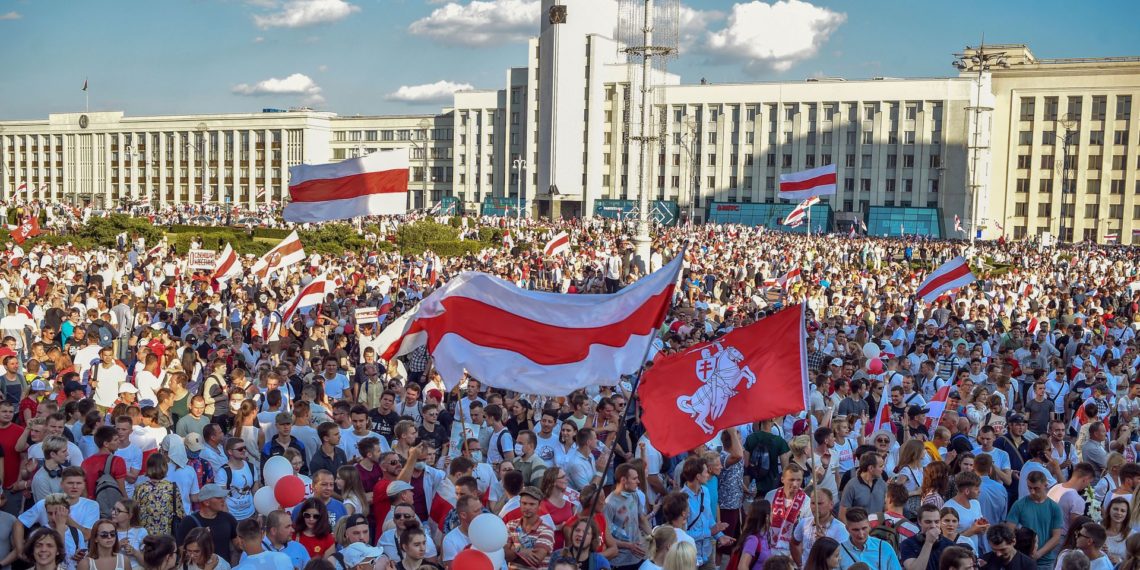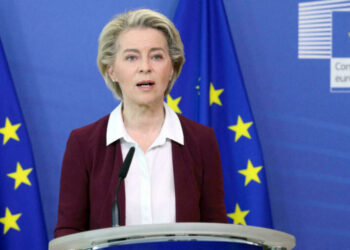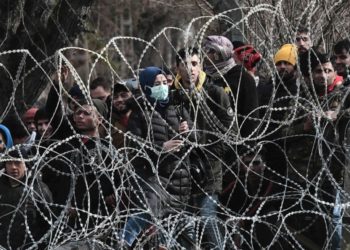The Europea Union on Wednesday announced that they do not recognize the re-election of Belarusian President Alexander Lukashenko.
The statement comes 10 days after the first protest erupted in Minsk, the post-Soviet state’s capital city. The demonstrations are a reaction to the disputed presidential election of August 9, in which Lukashenko claims he won 80 percent of the vote.
Lukashenko has held power in Belarus since 1994 and has been deemed “Europe’s last dictator.” His treatment of protestors has gained international attention as photos of demonstrators injured by stun grenades, bullets, and batons have flooded social media.
EU leaders came out in strong opposition against Lukashenko. German Chancellor Angela Merkel said that the vote was “neither free nor fair.” She continued, speaking on behalf of EU leaders, that “for us … there is no doubt that there were massive rule violations in the election … And it’s why the results of the election cannot be recognized.”
Join us LIVE as Angela Merkel addresses the press regarding Belarus: https://t.co/gIj9BgjH1G
— DW News (@dwnews) August 19, 2020
Additionally, the EU’s politically independent executive arm, the European Commission, has pledged 53 million euros ($63 million) to support the Belarusian people. The plan designates two million euros to assist the victims of state violence and one million to help independent media. The rest of the money will go towards COVID-19 support.
Lukashenko’s Response
In response to EU leaders, the authoritarian Lukashenko announced protective measures to secure the country. The leader claimed such measures were necessary to “prevent militants, weapons and ammunition and money from other countries from entering Belarus to finance the riots.”
Lukashenko said he ordered border authorities to ramp up defenses “along the entire perimeter” of the country.
The leader’s announcement comes after the EU said they would not interfere in the protests despite Russia claiming that they are ready to provide Lukashenko with support.























